Placenta products for babies slammed as “extremely dangerous” as mothers flock to alternative therapies
Wacky “treatments” for mothers including placenta smoothies and breastfeeding cookies are being increasingly spruiked on social media — and alarming doctors.
Pregnancy
Don't miss out on the headlines from Pregnancy. Followed categories will be added to My News.
Exclusive: Australian women are having their placenta steeped in brandy and feeding the concoction to their infants when irritable or teething in a move that has been labelled “extremely dangerous” and “akin to witchcraft” by doctors due to the toxic impact of alcohol on a baby’s brain.
The medical establishment has raised concern about the growing number of women who are turning to alternative therapies during pregnancy and post birth — to boost energy levels, milk supply and prevent post-natal depression — many of which have no proven scientific basis.
Placenta services, breastfeeding cookies, compression garments and even a balloon that inflates inside the vagina to “reduce perineum tears” during childbirth are all among the unorthodox therapies and products on the rise in Australia.
And they’re being spurned on by social media and a growing number of celebrities — including Kim Kardashian — promoting or using the treatments.
MORE: Parent’s need to respect their teen’s privacy
MORE: SA study makes global breakthrough on preterm births
MORE: Aussie parents spending thousands dining out
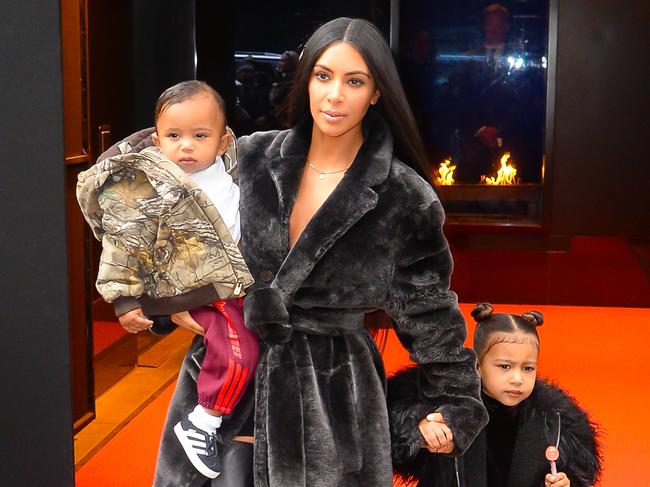
While some alternative therapies, such as acupuncture and massage are proven to have benefit, others are unregulated, unproven and may be dangerous.
Placenta Services Australia says it has seen a 200 per cent increase in its services since 2012, with more than 200 providers around the country.
The products and services which include capsules, tinctures and raw placenta smoothies — which involve a piece of raw placenta being blended with fruit and consumed 24-hours after birth — have been booming, driven largely by celebrity influences and social media.
Those who support placenta consumption, known as placentophagy, say it helps to increase energy levels, relieve stress and even prevent post-natal depression after birth, despite no peer-reviewed scientific study proving as such.
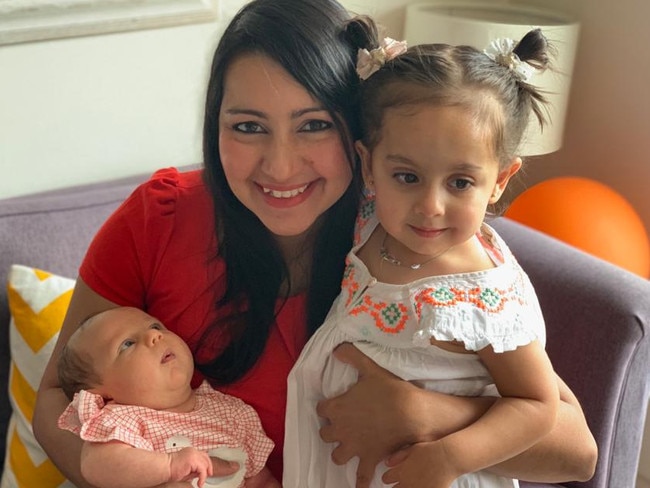
Juvanka Roberts, said she got the “whole package” of placenta products after the birth of both her daughters — Ahliya, 2.5, and Nylah, 8 weeks — for a fee of $470 from Tree of Life Birth and Beyond.
The package included her placenta being made into ingestible capsules, a raw placenta smoothie being delivered to her hospital bed 24-hours after birth, a product called “mothers essence” which is a brandy-placenta mixture given to babies, and a tincture derived from placenta.
Ms Roberts said she regularly gives the “mothers essence” to Ahliya when she is sick or irritable and has done so since she was six months.
“I just put a few drops in her milk or just a drop diluted in water or straight under her tongue and she then calms down,” Ms Roberts, based in Syndey’s Pyrmont, said.
“The ingredients list does say alcohol and it does taste like a brandy. It is such a teeny, tiny amount of alcohol though.”
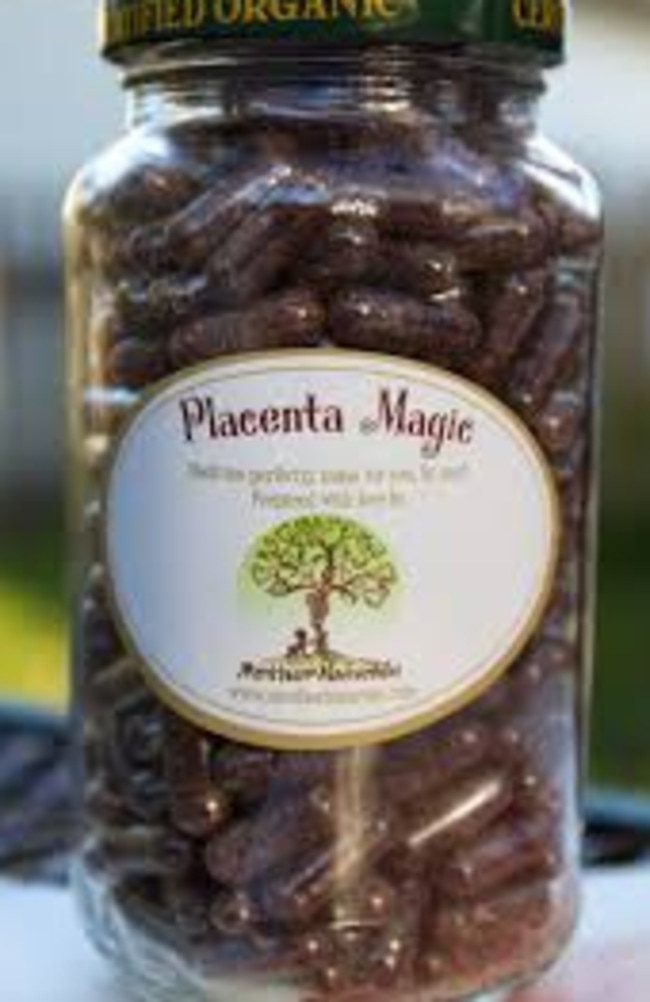
Last year in the US it was reported that placenta pills played a role in an ongoing Group B streptococcus infection for a baby after its mother consumed pills made from an infected placenta.
Steve Robson from the Australian Medical Association said when it came to placenta consumption it was “more in the realm of masterchef rather than medicine”.
“If you genuinely have faith in your treatment or product you subject it to a trial or scientific study and if you are not prepared to do that you are dealing in the realm of witchcraft really.”
Dr Robson, who is a practising obstetrician, condemned giving babies diluted brandy placenta water, known as “mothers essence” and offered by many Australian placenta service providers.
“This has to be dealt with — it doesn’t have support from the medical community at all,” he said, noting that just because the alcohol had not been cooked, it still contained toxins.
“It’s a fantastic way to make babies drunk but also to get them very, very sick.”
Euan Wallace professor of obstetrics at Monash University said alcohol was a “brain toxin” for babies.
“It is dangerous. These people are complete charlatans and they are misleading mothers at a very vulnerable time.”
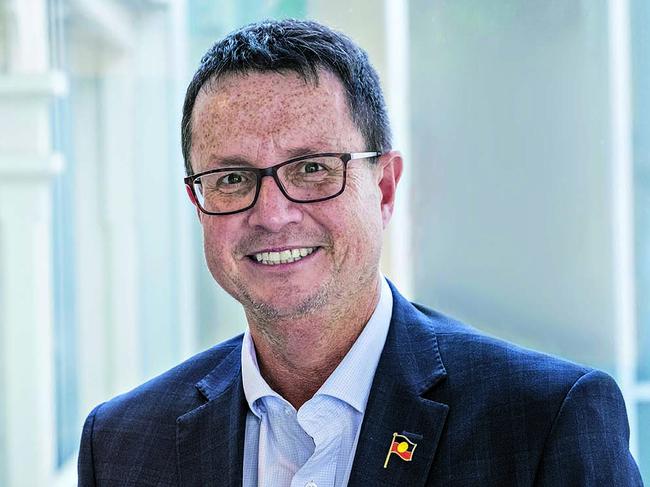
Dr Wallace also condemned targeted recovery compression shorts for women which are growing in popularity and cost upwards of $180 per item.
“They are just expensive shorts there is no evidence that they accelerate the body recovery post pregnancy,” he said.
Catherine Willis from the Australian Physiotherapy Association — that endorses recovery shorts conceded: “high quality research to date does not yet confirm that compression garments provide superior outcomes for women compared to appropriate exercise programs prescribed by physiotherapists”.
Kaz Cooke, author of Babies and Toddlers, said just because something was natural didn’t mean it was good for mother or baby.
“I think the government needs to step in and do more,” she said.
Sarah Robertson, professor of medicine at the University of Adelaide said women would be better off “getting a good quality steak that has been processed according to food standards” rather than consuming placenta.
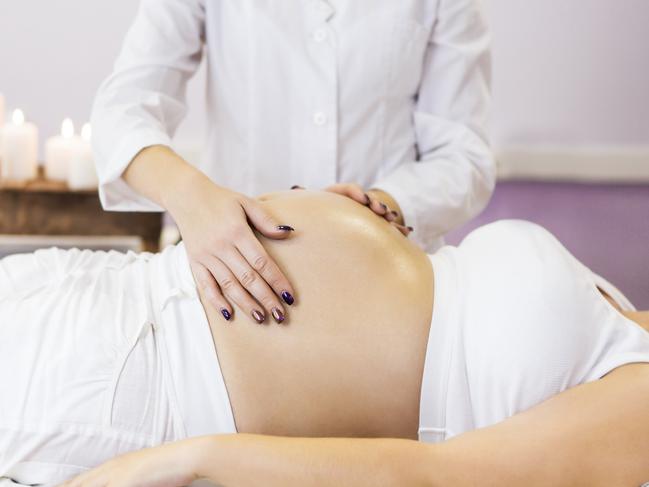
Terri Smith CEO of Perinatal Anxiety & Depression Australia urged caution when it came to placenta services, as there was no scientific evidence to prove it prevented post-natal depression.
“If you are going to take these it is important to be confident that they have no potentially harmful ingredients for you or your baby,” Ms Smith said.
Dionne Finnegan a placenta service provider in Melbourne said the industry would welcome a comprehensive scientific study into placenta benefits but that no one was willing to invest the money.
“There has been a study on the nutrient values still present in steamed placenta, but not on the consumption of it,” said Ms Finnegan, who processes up to four placentas a week with her business Butterfly Beginnings.
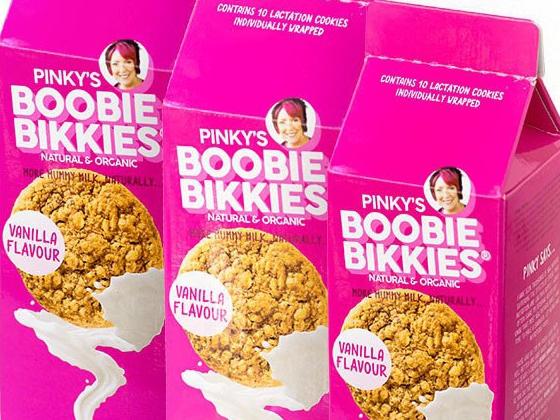
Breastfeeding cookies are also growing in popularity but doctors say they are mostly high in sugar and are no better than eating a nutritious healthy diet.
Pinky McKay co-founder of Boobie Bikkies said there was a lot of scientific evidence on lactogenic foods like ginger, turmeric, oats and flaxseed.
But she conceded that there was no specific research on the cookies and their impact on milk production.
“We haven’t had a clinical trial of the cookies … but women wouldn’t be eating them if they weren’t helping,” she said.
“I think we are being patronising and insulting to women when we say that we are taking advantage of them with these products. Women are intelligent beings, they are going to make choices about their baby and their body regardless of science or not.”
The Federal Health Department said it will investigate any “complaints that pose significant risks to consumers”.


